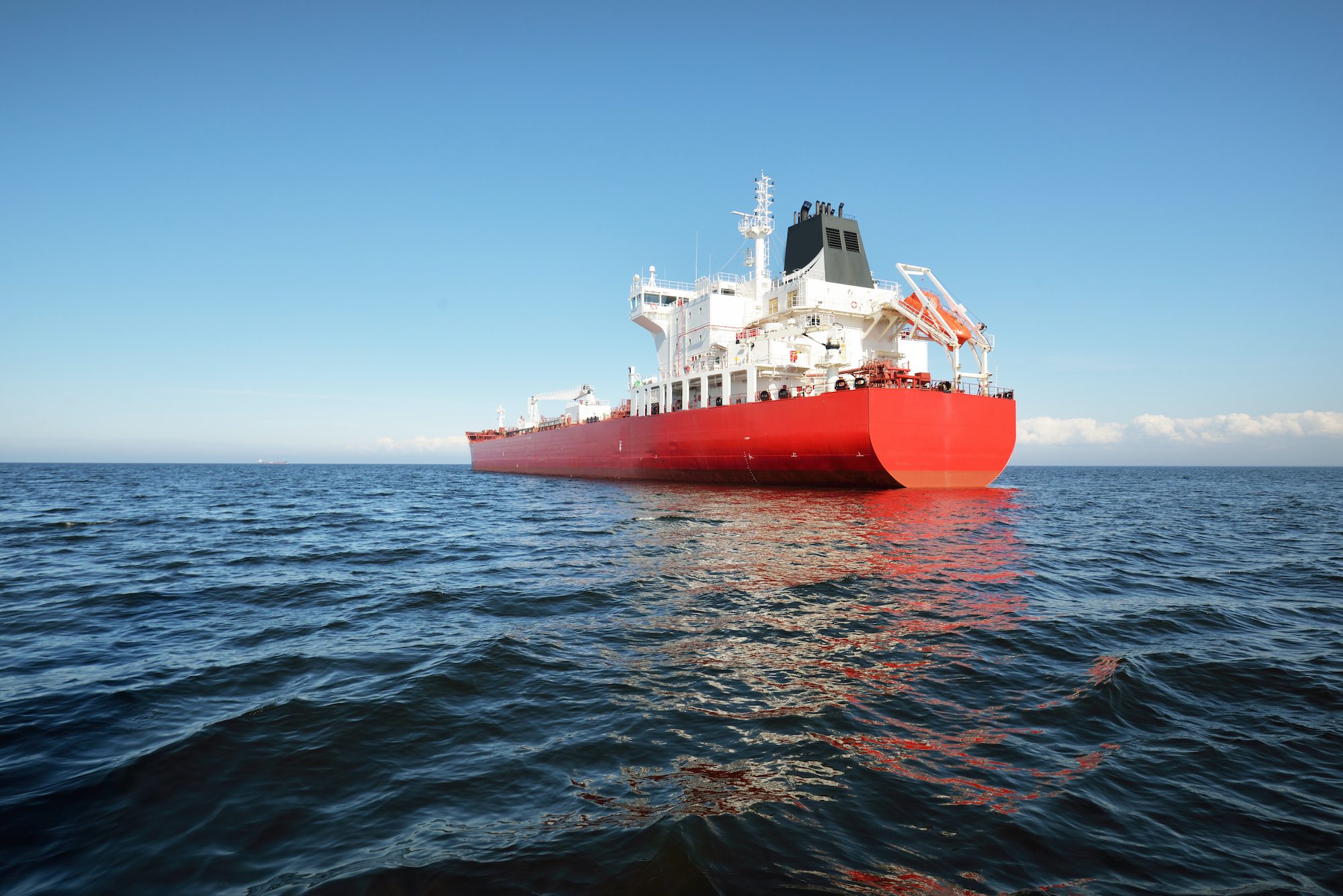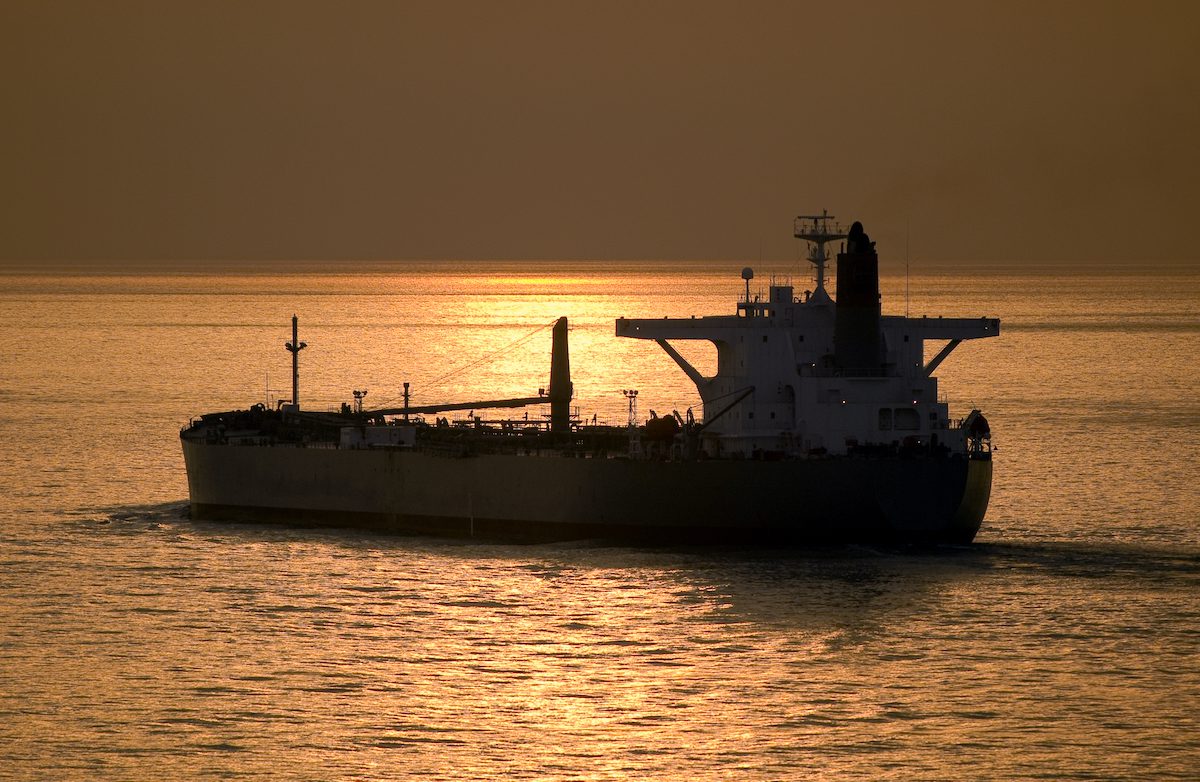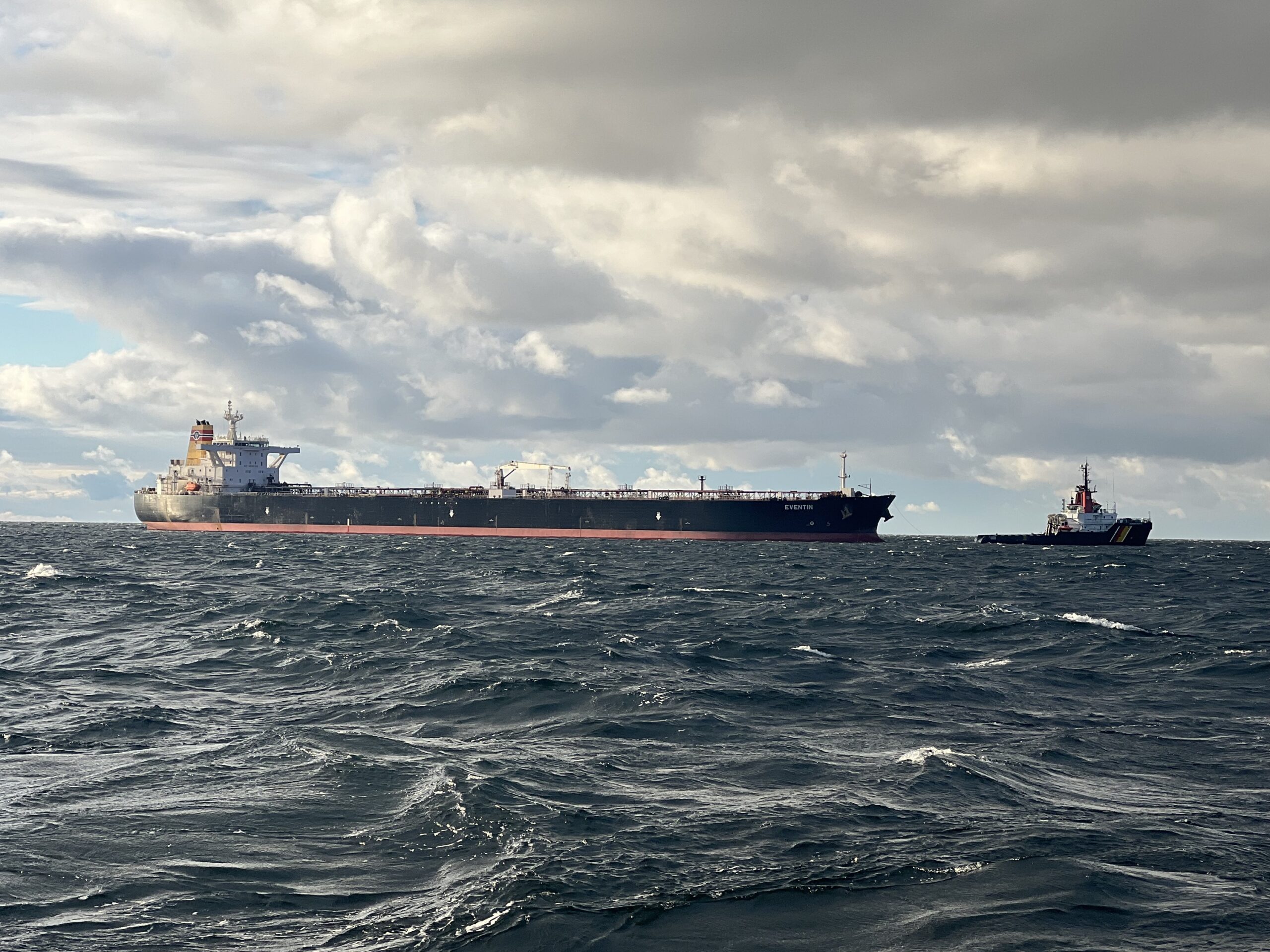By Sherry Su, Sheela Tobben and Bill Lehane (Bloomberg) —
Oil supply cuts by some of the world’s top producers are curbing the need for tankers, leading to a decline in the cost of hauling crude around the world.
Shipping rates for vessels from mid-sized Aframaxes to supertankers have eased in recent months. The move coincides with Saudi Arabia’s production cuts and Russia’s export curbs, both of which are set to run into September.
“OPEC+ production cuts are depressing demand across the crude tanker sector,” said Richard Matthews, head of research at shipbroker EA Gibson, referring to the producer alliance led by Saudi Arabia and Russia. Supply disruptions in Iraq and Nigeria have also been a factor, he added.
The oil market in recent months has seen a variety of events that have helped keep a lid on tanker rates, including lower supply and uncertain demand for oil. Even a flare-up of hostilities in the Black Sea has done little to propel shipping costs higher — and some fear it could force vessels to trade outside the region, further weighing on rates.
The cumulative impact is especially evident on Aframax tankers, which can typically hold about 700,000 barrels of crude. Rates for the ships have plunged from record levels reached last year, when Russia relied heavily on them to transport oil in the aftermath of its invasion of Ukraine.
Daily earnings for Aframaxes crossing the Mediterranean earlier this week dropped to $5,905 — the lowest since June 2022 — from more than $30,000 a month ago, according to data from the Baltic Exchange. By comparison, the rate soared to $157,744 on Nov. 25.
The Aframax rate on the route from the North Sea to continental Europe is now near a 17-month low. Earnings for Suezmax tankers — which can carry 1 million barrels of crude — from the Black Sea to the Mediterranean have fallen to the lowest level since February 2022.
Rates for supertankers known as Very Large Crude Carriers, or VLCCs, have seen a less pronounced decline. There has been a shift toward using supertankers and other large vessels to transport oil from the US Gulf, West Africa and Latin America, according to shipbrokers.
Still, the benchmark supertanker rate from the Middle East to China has erased most of its gains after spiking in June.
Russia’s Supplies
Russia relies heavily on Aframaxes, shifting much oil transport to a shadow fleet of older vessels amid its war in Ukraine. Many of those ships would have been scrapped in more normal times and their continued use frees up the rest of the fleet for other routes. Freight rates for Aframaxes initially slumped late last year, when a European Union ban on seaborne shipments of Russian crude took effect.
They’ve now eased further, as Moscow appears to be following through with export cuts in response to Western sanctions. Russian crude shipments from the Baltic and Black Seas — mostly the country’s flagship Urals grade — slumped in July to 1.79 million barrels a day, the lowest this year, according to ship-tracking data compiled by Bloomberg and port agent reports.
Lower crude supplies in other regions are also weighing on shipping rates. Flows from Iraq’s semi-autonomous Kurdistan region to the port of Ceyhan in Turkey have been halted since March. There has been no significant progress on resuming flows, which are usually about 500,000 barrels a day.
In Nigeria, loadings of Forcados crude — typically the country’s largest export grade — have been suspended for almost a month due to leaks at the terminal. Elsewhere, shipments of Caspian CPC Blend crude from Kazakhstan are expected to drop by 200,000 barrels a day in August due to planned maintenance.
–With assistance from Alex Longley and Julian Lee.
© 2023 Bloomberg L.P.
Editorial Standards · Corrections · About gCaptain
This article contains reporting from Bloomberg, published under license.

 Join The Club
Join The Club











